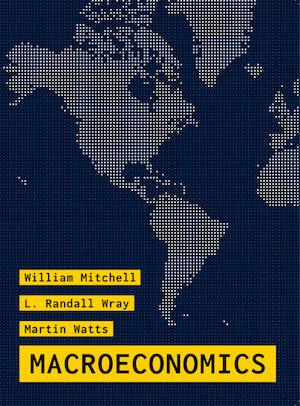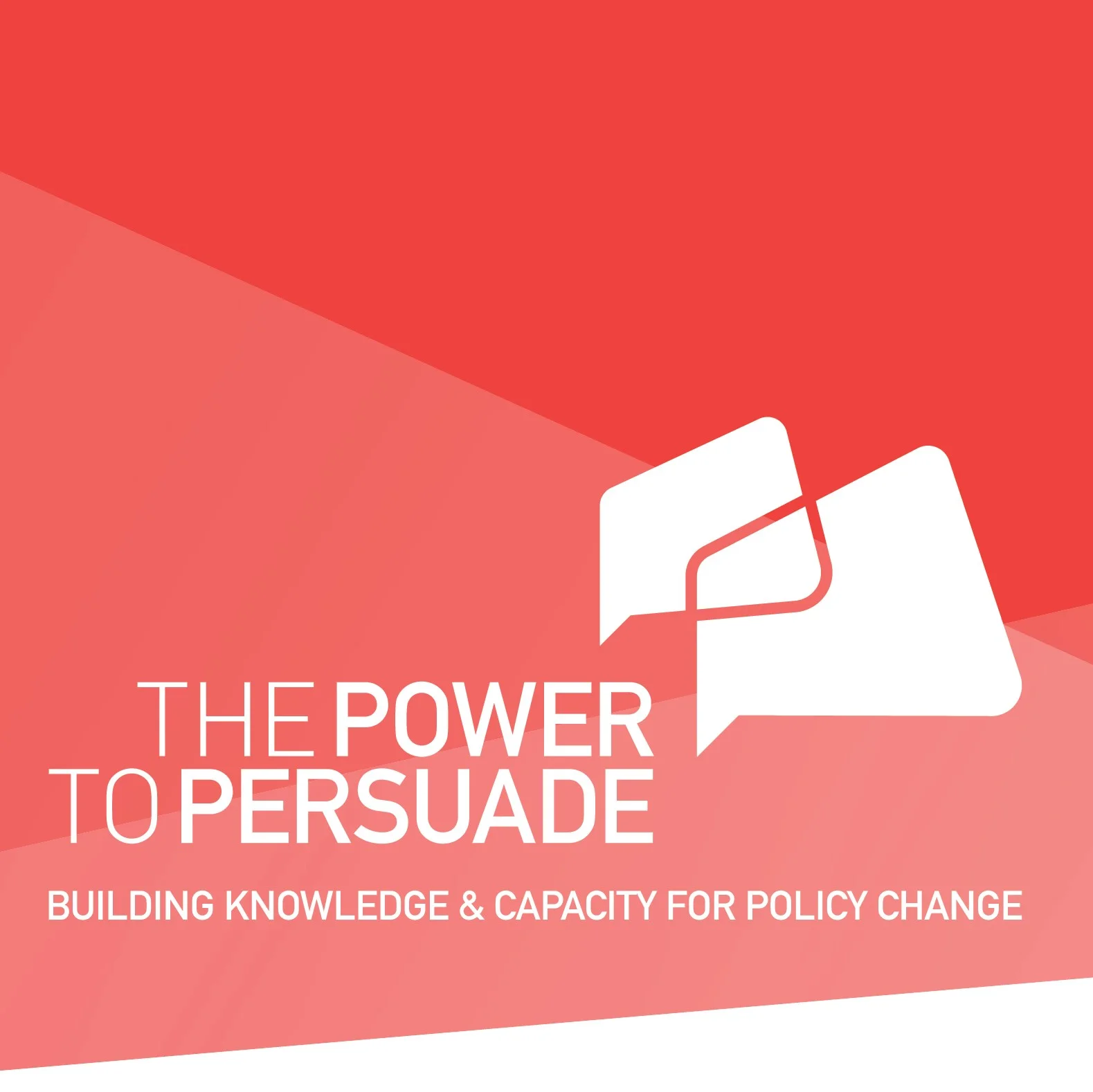Last month, Labor announced a proposal to create a ‘wellbeing budget,’ similar to that introduced in New Zealand. While Josh Frydenberg found this a ‘laughable’ idea, there is nevertheless a logic that one of the wealthiest countries on Earth could do more to focus on those struggling at the margins. In today’s post, Dr Megan Weier (@MeganWeier) and Isabella Saunders (@Isabellasaund) share the logic for the newly-introduced Social Progress Index, which identifies and tests indicators that could be measured alongside GDP. You can explore more on the Social Progress Index, including accessing the full report.
Read MoreDr Adam Hannah (@adamjhannah; University of Western Australia) draws on his recent article in Policy & Politics to consider the growing prominence of Medicare for All in US politics and what lessons can be drawn for those advocating for systemic change.
Read MoreHere Professor Jenny Lewis (@JennyMLewis1; University of Melbourne) reports on her study of public sector innovation laboratories in two nations, outlining the challenges and opportunities for design thinking in policymaking. Jenny’s article with Dr Michael McGann and Dr Emma Blomkamp is free to read in Policy & Politics until 29 February 2020.
Read MoreWhat’s the difference between involvement, access and prominence for interest groups participating in the policy process? Professor Darren Halpin (@darren_halpin; ANU) and Dr Bert Fraussen (@BertFraussen; Leiden University) think about why some groups seem to make more headway than others when it comes to influencing policy.
Read MoreIntimate Partner Homicide (IPH) is a serious social and criminal justice issue and statistics suggest the problem is increasing. This puts serious pressure on those who respond to domestic abuse, coercive control, and intimate partner stalking, to be able to confidently assess the risk, or spot risk escalation. In this blog Dr Jane Monckton Smith discusses her research tracking intimate partner homicide risk escalation.
Read MoreGeneral practice in the United Kingdom has long had an international reputation as a positive exemplar of primary care. Free at the point of access, funded on basis of population and needs (i.e. not a fee for service), and led by clinicians, our model is seen to have a better chance than most of providing the support that is preventative, coordinated, and with continuity of care. In this post, Professor Robin Miller considers how over recent years, it has become apparent that our traditional model will struggle with expected demographic changes such as an ageing population, the rise of obesity, and increasing people living with multiple long-term conditions. These combined pressures are indeed leading to frustration for patients in relation to accessing appointments, and considerable stress for general practice.
Read MoreMany people have childhood memories of being pushed around and being punched by other pupils when we felt you couldn’t retaliate. They may also remember being the topic of nasty rumours or being excluded by others. Unfortunately, being bullied is not an unusual experience, even today. Similar to maltreatment, bullying involves abusive behaviours where it is more difficult for the victims to defend themselves. But in contrast to maltreatment, these abusive behaviours are perpetrated by others of the same age. In this blog post, Professor Louise Arseneault discusses research that she has been conducting for the past 15 years – alongside great collaborators – and emphasises the importance of moving away from the common perception that bullying is just an unavoidable part of growing up.
Read MoreEURIPIDES is the short title for Evaluating the Use of Patient Experience Data to Improve the Quality of Inpatient Mental Health Care study. EURIPIDES aimed to understand which of the many different approaches to collecting and using patient experience data are the most useful for supporting improvements in inpatient mental health care.
Researchers from the EURIPIDES study team have made a series of recommendations for improving the way that NHS mental health trusts collect and use patient feedback to improve the quality of care for mental health inpatients. In this post, Dr Sarah-Jane Fenton summarises some of the key findings ahead of the full report being published in early 2020 as health research academics call for NHS to act on mental health patient feedback.
Read MoreIn the once separate fields of politics and governance, the narrative is everything. Perhaps more. Mark Kenny from Australian Studies Institute looks how the government controls the storyline across Newstart, refugees and the Uluru Statement from the Heart and concludes it is the ‘back story’ that lends the government legitimacy.
Read MoreAt the recently-held Power to Persuade Symposium, the talk given by Aurora Milroy (@AuroraMilroy) of ANZSOG (@ANZSOG) was a stand-out. Unfortunately, due to technical difficulties, her talk was not captured on film. We are therefore pleased to present a summary of her talk and her slides here. Aurora spoke of “black swan theory” which highlights the deficits of western knowledge and ways of working. Acknowledging and honouring the ‘black swans’ that Indigenous ways of being and knowing represent brings a more holistic understanding and can mend broken relationships.
Read MoreWhat happens if we classify climate change as a threat, not an emergency? Liz Boulton from the ANU’s Fenner School of Environment and Society explains how military strategy can be combined with new ideas from philosophy to understand climate change as a ‘hyperthreat’ – and describes what that might mean for crafting effective policy solutions. This is the second in the Narration as Regulation series from ANU’s School of Regulation and Global Governance (Regnet)
Read MoreThis blog is the first in a series examining narration and renarration as regulation from the School of Regulation and Global Governance (Regnet) at ANU. Here, Miranda Forsyth and Philip Gibbs tell us what we can learn from attempts to curb sorcery accusation related violence in PNG.
Read MoreThe newly announced inquiry into Australia’s retirement income system comes 25 years after the introduction of compulsory superannuation. In today’s blog post Richard Holden, Professor of Economics at UNSW, discusses fundamental problems with the current system, and that what is needed in Australia is a retirement income revolution.
This post originally appeared in The Conversation under a Creative Commons licence. Read the original article.
Read MoreResponding to the need for innovation, governments have begun experimenting with ‘design thinking’ approaches to reframe policy issues and generate new policy solutions. But what is new about design thinking and how does it compares to rational approaches to policymaking? Maria Katsonis discusses below.
The article orginally appeared in The Mandarin
Read MoreAs part of her popular Green New Deal platform, the US member of Congress Alexandria Orcasio-Cortez has been utilising Modern Monetary Theory (MMT) to explain how governments can fund environmental policy reforms. But could MMT also be used by the social sector as a message frame to promote social policy reform? In today’s blog post Dr Andrew Joyce from the Centre for Social Impact and Celia Green from UNSW discuss the how the social sector could leverage insights from MMT to promote paradigm shifting social policy reforms.
Read MoreCongestion charging is a feature in many cities around the world, but Australia has been reluctant to introduce such a policy, instead focusing on developing infrastructure. However new analysis from the Grattan Institute suggests that a congestion charge would be a better and fairer way of tackling congestion than spending more on infrastructure. Marion Terril and James Ha from the Grattan Institute discuss the implications below.
This article originally appeared in The Conversation under a Creative Commons licence. Read the original article
Read MoreAustralia’s system of social welfare is based on mutual obligation. But what happens when those obligations become so onerous that people simply stop seeking to claim government benefits? Professor David C. Ribar from The University of Melbourne dicusses this issue for those on Newsart.
This post originally appeared in The Conversation
Read MoreDespite the government’s commitment to and investment in a Welfare to Work strategy to incentivise people into employment, many people are languishing on the extraordinarily low Newstart Allowance for long periods of time. What exactly is going wrong? In a submission to the Victorian Government’s Inquiry into sustainable employment for disadvantaged jobseekers, Sue Olney (@olney_sue) of the Public Service Research Group (@PSResearchG) at UNSW Canberra provides a brief but comprehensive outline of why current levers seem to be falling well short of government targets. You can read the full submission in its original format here.
Read MorePower to Persuade is hosting a one-day symposium in Melbourne on Thursday 10 October 2019. Featuring a keynote address by Julian Corner, CEO of Lankelly Chase in the UK, and three panels of experts drawn from universties, government and the not-for-profit sector, the symposium will examine the evolving use and understanding of evidence in social policy. Our co-director Dr Sue Olney from the Public Service Researach Group at UNSW Canberra sets the scene and invites you to join the discussion.
Read MoreContinuing her series of original posts on Australia's employment services system, Dr Simone Casey (@SimoneCasey) explores the implications of outsourced decision-making in social security through the lens of the ParentsNext program. Dr Casey is an affiliate of the RMIT Future Social Services Institute (@FutureSocialAU).
Read More




















